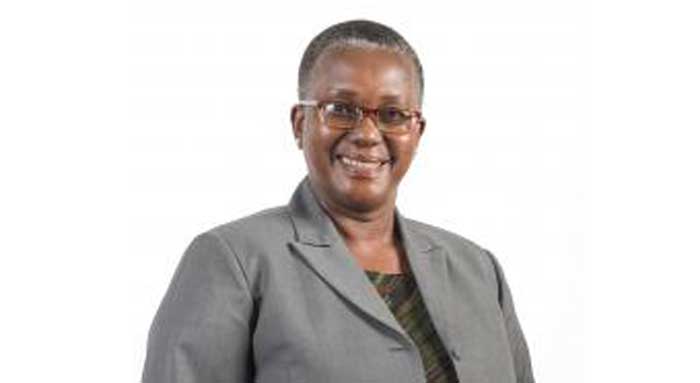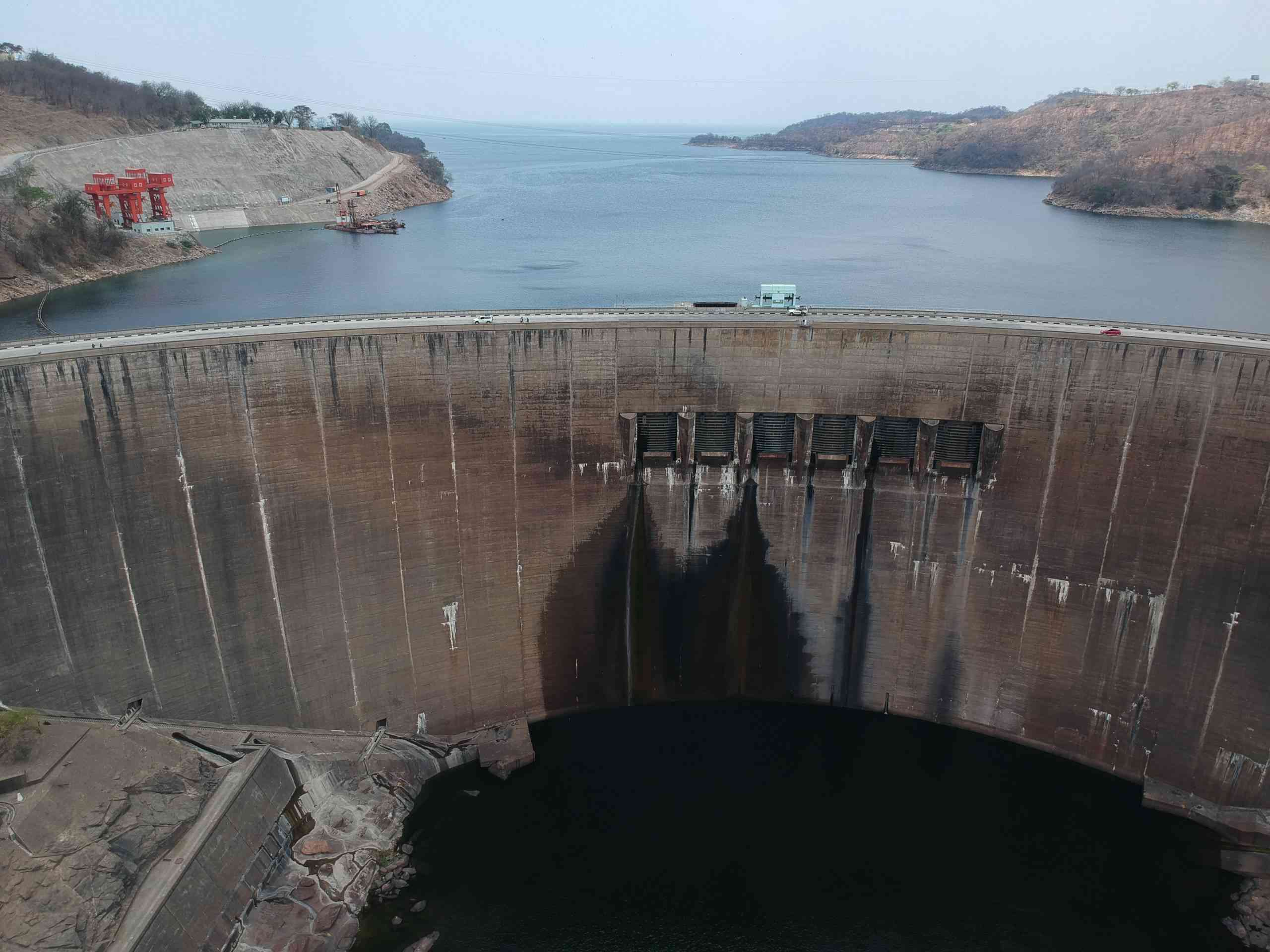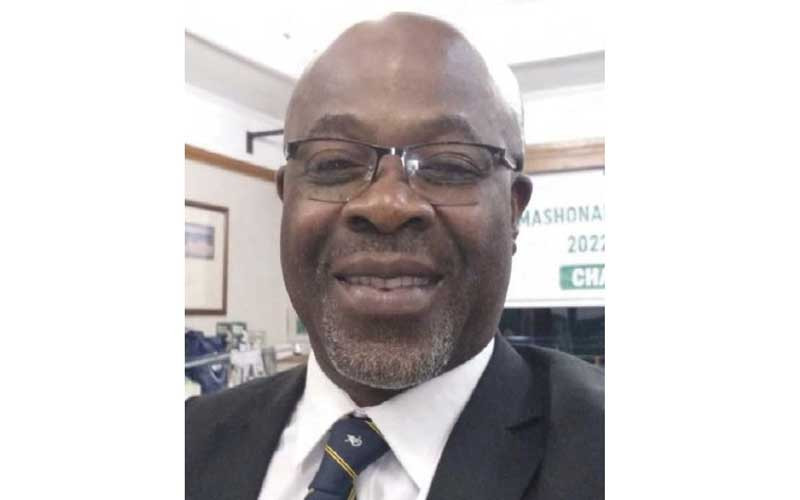
BY BUSINESS REPORTER LONGTIME serving chief executive officer of the Southern African Development Community Accreditation Services (SADCAS), Maureen Mutasa, has retired.
Mutasa’s retirement comes after 14 years at the helm of SADCAS and a career spanning over 40 years in standardisation, quality assurance and accreditation.
SADCAS is a multi-economy accreditation body established in terms of Article 15 B of the Technical Barriers to Trade (TBT) Annex to the Sadc Protocol on Trade with the primary purpose of ensuring that conformity assessment service providers (calibration/testing/medical laboratories, certification and inspection bodies) operating in those Sadc member States which do not have national accreditation bodies are subject to an oversight by an authoritative body.
According to its website, within the Sadc region, only South Africa and Mauritius have national accreditation bodies.
The remaining 13 countries namely: Angola; Botswana; Democratic Republic of Congo (DRC); Lesotho; Madagascar; Malawi; Mozambique; Namibia; Seychelles; Eswatini; Tanzania; Zambia; and Zimbabwe do not have national accreditation bodies hence serviced by SADCAS.
Thus, by assuring technical competence through accreditation, SADCAS plays a key role towards the achievement of Sadc goals in trade facilitation and in the protection of health, safety and the environment.
Mutasa was appointed SADCAS’ founding chief executive officer in June 2008. With an initial grant from the Norwegian government, she has been at the forefront of establishing the accreditation body as a globally recognised institution.
At its inception, SADCAS was the first multi-economy accreditation body in the world, a model that has since been replicated in the Gulf, French-speaking West Africa and the Caribbean.
- Chamisa under fire over US$120K donation
- Mavhunga puts DeMbare into Chibuku quarterfinals
- Pension funds bet on Cabora Bassa oilfields
- Councils defy govt fire tender directive
Keep Reading
“It all started with the vision of a few of us in the Sadc standards, quality assurance, accreditation and metrology structure believing that we can create this multi-economy accreditation body to service a number of the countries within the region, most of which did not and still do not have the capacity to do so alone,” Mutasa said.
“Being the first is never easy. The first leg can often determine the destiny of an organisation, and we experienced the ups and downs that all start-ups do, but I believe we have proved that the SADCAS model is a viable, cost effective and sustainable way of providing accreditation services to a number of countries.”
During her pioneering tenure, SADCAS has received international recognition for six of the eight accreditation schemes it offers.
It has issued 259 certificates to 209 accredited facilities in 13 of the 14 Sadc member States it services and two non-Sadc countries Ghana and Cote D’Ivoire.
Dependency on government funding reduced from 100% as at March 31, 2009 to 14% as at 31 March 2022 having prevailed through the height of the COVID-19 pandemic by swiftly adapting and migrating to remote assessments and online training.
Over the years, Mutasa has contributed immensely to the development of accreditation infrastructure not only in the Sadc region, but Africa as a whole.
“It has been a long, but very fulfilling journey,” Mutasa said.
“I am delighted to say I leave SADCAS with so many happy memories and I am grateful for the many people that have contributed to my journey. As the Yoruba Proverb goes, “if we stand tall it is because we stand on the shoulders of those who came before us.”











